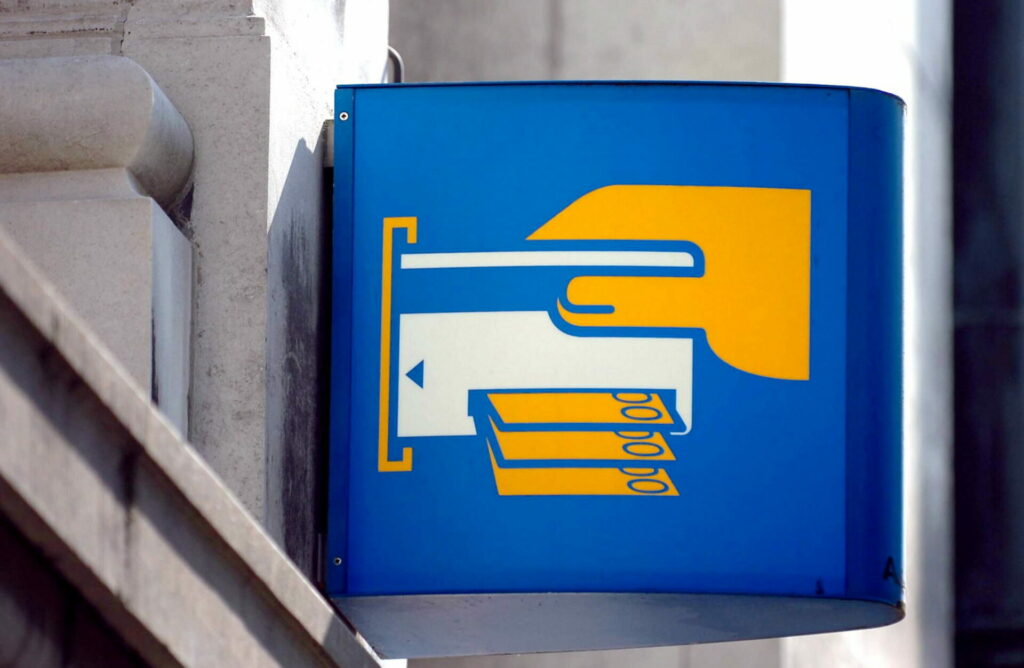A lack of control over private foundations in Belgium has resulted in hundreds of wealthy families avoiding inheritance tax and also has led to scammers and corrupt foreign investors exploiting the loophole for financial gain.
Belgium counts around 2,100 private foundations – a type of organisation that entered legislation in 2002. Unlike a company or an association, it has no shareholders or members. The law states that a private foundation must pursue a charitable purpose but precisely what this means is unclear. As a result, private foundations have become a means of circumventing tax.
Investigations by De Tijd and L'Echo showed that oversight of such "non-profit organisations" is falling short. The legal text for foundations stipulates that no direct or indirect wealth benefits can be provided to the founder, its board or third parties. But distributions can still be made within families, "as long as they are made in pursuit of the charitable purpose of the foundation".
Since Belgian law considers providing for the well-being of future generations as a charitable purpose, around 500 wealthy families in Belgium have consequently used the structure of private foundations to pass assets on to younger generations and bypass inheritance tax. A growing number of business families also use such foundations to transfer family business to the next generation.
Tax havens and foreign investments
Some foundations go further in flouting the law by designating a Luxembourg adviser as founder, meaning that any family member can still be a co-beneficiary. In some cases, the directors of the foundation also appear to be co-beneficiaries.
A company court can dissolve the foundation if there are abuses but there is a considerable administrative burden to carry out these checks. Private foundations in Belgium have a combined total of 6,581 directors, making it unclear who controls them. Meanwhile, overburdened courts have other priorities than checking private foundations, essentially meaning that the system has become a free-for-all.
Without a dedicated government agency to oversee the foundations, the investigations showed that private foundations are linked to tax havens, such as the Channel Island of Jersey, the Caribbean island of Curaçao, Liechtenstein, Luxembourg, Switzerland and even the UAE. Some of those involved already surfaced in international tax scandals such as Offshore Leaks.
This makes them attractive to foreigners as well. 258 private foundations, mostly registered in Brussels and Flanders, are owned by people residing outside Belgium. While some were set up to promote a good cause, others are used by foreigners to lobby, especially at European institutions; over 100 are used by foreigners to park company shares or family assets in Belgium.
Corruption and felons
The system also opens doors to scammers and foreigners with a history of corruption. The investigation found that some foundations appear to be owned by people who have been convicted of crimes. It highlighted the cases of a family renting out slums, an investment adviser who duped hundreds of people, a serial conman with a prison sentence, and even a convicted Islamist terrorist.
This makes clear the risk of foreigners using Belgian foundations as a screen, which is also difficult to eliminate from abroad.
Moreover, some private foundations appear to hide a profitable business activity to escape corporate tax. Whilst Belgian authorities have identified only low levels of fraud among private foundations, their assessment generally only considers income, which most foundations do not have, or the large sums of money pertaining to older family capital, in which case any tax evasion would typically be time-barred and could only be uncovered through a criminal money laundering investigation.
Only donations to the private foundation (excluding bank donations) with a net value over €100,000 require authorisation from the Minister of Justice. Only seven reports of large donations were made last year; not a single application was refused.

